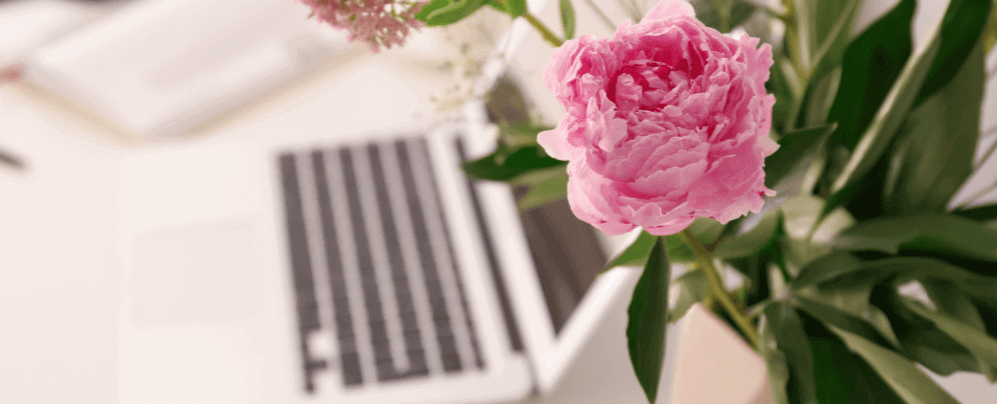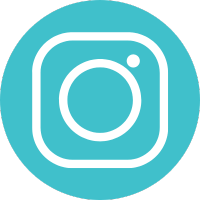
Over the course of 4 weeks, I received 6 different emails from Meta, claiming that I was in violation of their community standards and warning me that my account was at risk of being suspended. After seeing these messages repeatedly, I finally clicked the link provided to log in and resolve the issue.
Within minutes, my account was hacked, and whatever they did led to my account being disabled almost immediately. I was in the middle of using Facebook Messenger when I suddenly lost access.
 Understanding What "Hacked" Means
Understanding What "Hacked" MeansThe term "hacked" often gets used loosely, but in this case, it means that someone has gained unauthorized access to your account and started performing actions you didn’t authorize. This isn’t the same as someone playing a prank or even creating a fake account with your name.
We’re talking about a real breach of your personal information such as your username, email and password to take control of your account.
How to Know if Your Account Has Been Compromised
If you notice any suspicious activity on your account or receive warning emails like I did, it’s critical to act fast. Here are some signs that your account might be compromised:
- Strange Changes to Your Personal Information: If your email, password, or other personal details have been altered without your consent.
- Unexpected Friend Requests: If you start connecting with people you didn’t send requests to.
- Messages You Didn’t Send: If your contacts receive unusual messages from your account.
- Unfamiliar Posts: If posts start appearing on your timeline that you didn’t share.
If You Still Have Access To Your Account
Check App Access: Sometimes, compromised accounts are the result of a rogue app gaining unauthorized access.
- Review the apps connected to your account periodically for regular security maintenance. Here’s How:
- On the Web:
- Log in to Facebook on your computer.
- Click the down arrow in the upper-right corner and select "Settings."
- Go to "Security and Login" and then to "Apps and Websites."
- Review the list and remove any suspicious apps.
- On Mobile:
- Open the Facebook app and tap on the three horizontal lines in the lower-right corner (iOS) or upper-right corner (Android).
- Scroll down and select "Settings & Privacy," then tap "Settings."
- Under the "Security" section, choose "Apps and Websites" to review and manage app access.
Change Your Password: Immediately change your password to secure your account. Here’s how:
- In the "Security and Login" section of your settings, find the "Login" section and click "Change password."
- Enter your current password, then create a new, strong password.
- On Mobile:
- Navigate to "Settings & Privacy" > "Settings" > "Security and Login."
- Tap "Change password" and follow the prompts.
Enable Two-Factor Authentication (2FA):
- To prevent future hacks, enable 2FA. This adds an extra layer of security, requiring a second form of verification to log in.
- How to Enable 2FA:
- Go to "Settings & Privacy" > "Settings" > "Security and Login."
- Find "Use two-factor authentication" and follow the prompts to set it up.
What to Do if You’re Locked Out of Your Account
Getting locked out of your account can be terrifying, while you are panicking, here’s what Facebook instructs you to do:
- Visit Facebook’s “Hacked” Page: Go to facebook.com/hacked, where you’ll be guided through steps to recover your account.
- Answer the Questions: Provide accurate answers to the questions to verify your identity and regain control of your account.
Final Thoughts
Unfortunately, after 24 hours of relentless attempts, I have not been able to recover my Facebook account. The frustration is real, and the continuous loop of unhelpful articles and dead-end links is beyond infuriating. There’s no email, no phone number, no live help, no appeal form, and certainly no humans to assist—just an impersonal chatbot that leads you in circles.
This experience has left me questioning why we freely give this platform so much control over our lives, our personal information, and our data when they have no intention of helping when situations like this arise. The lack of support is staggering, and I’m left with a bad taste in my mouth and a hardened heart toward a platform I once relied on daily.
As I move forward, I can’t help but think about how much trust we place in these tech giants—and how little they seem to care about us when things go wrong. It’s a wake-up call to reconsider the role platforms like Facebook play in our lives and the control we allow them to have.
Like what you are reading here? Sign up to get my weekly wellness tips!
Let's Connect on Social Media:

















0 Comments